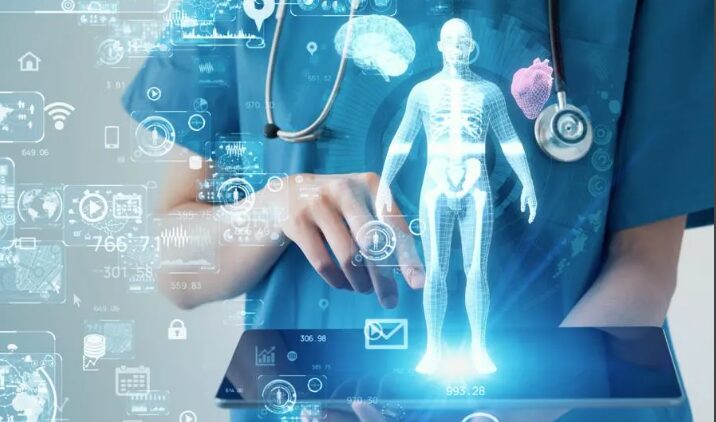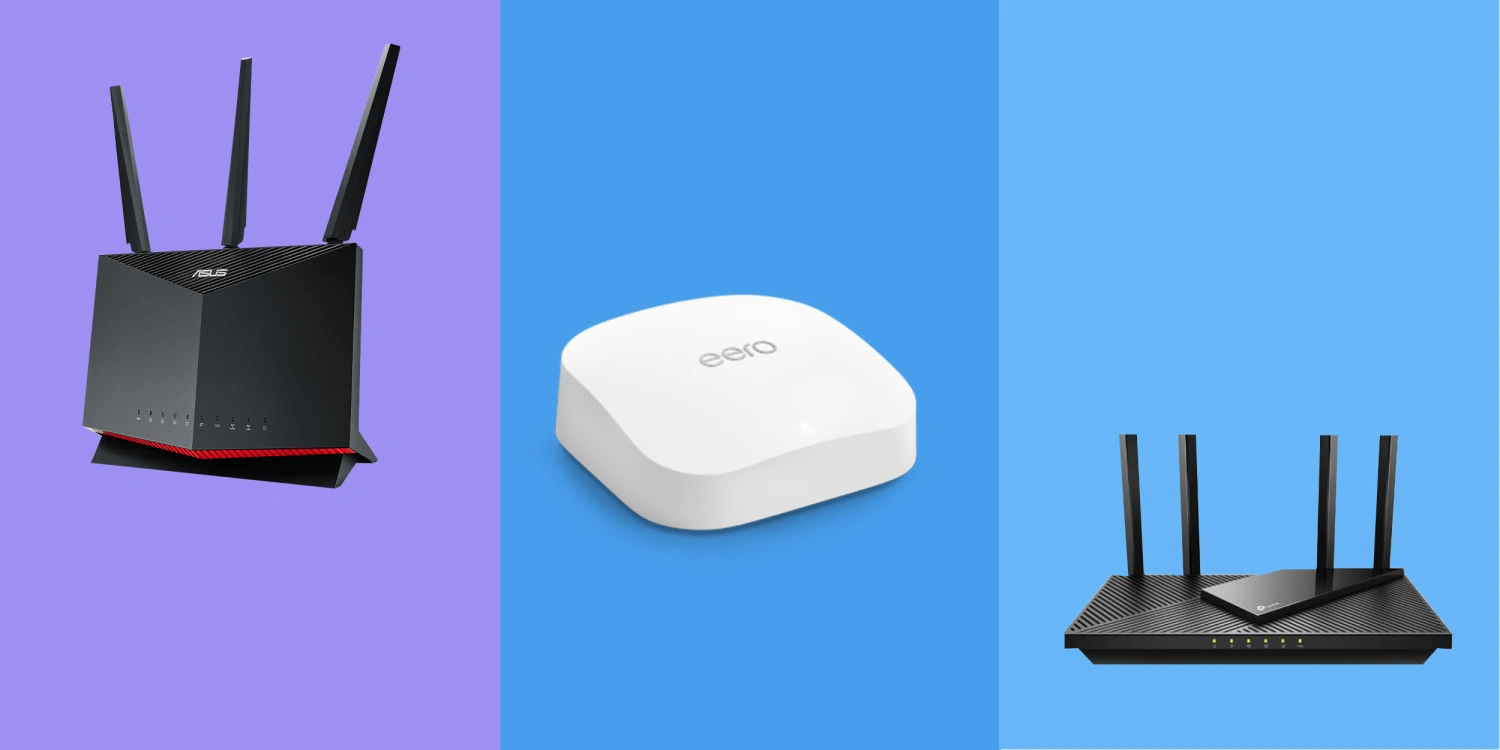
AI integration in healthcare revolutionizes medicine, enhancing patient care, diagnosis, and treatment, but also introduces challenges.
The intersection of health and artificial intelligence (AI) is transforming the landscape of medical science, offering unprecedented opportunities for improving patient care, diagnosis, and treatment. As AI continues to evolve, its applications in healthcare are becoming more diverse and impactful. This article explores how AI is revolutionizing healthcare and the potential benefits and challenges it presents.
Enhanced Diagnostic Accuracy
AI algorithms can analyze medical images, such as X-rays and MRIs, with remarkable precision, often surpassing human capabilities. This leads to earlier and more accurate diagnoses of conditions like cancer, cardiovascular diseases, and neurological disorders.
Personalized Medicine
AI is paving the way for personalized medicine, where treatments are tailored to the individual patient based on their genetic makeup, lifestyle, and health history. This approach increases the effectiveness of treatments and minimizes adverse side effects.
Predictive Analytics for Preventive Care
By analyzing vast amounts of health data, AI can identify patterns and predict health risks, enabling preventive measures to be taken before conditions become severe. This proactive approach can reduce healthcare costs and improve patient outcomes.
Streamlining Administrative Tasks
AI can automate administrative tasks such as appointment scheduling, patient record management, and billing, allowing healthcare professionals to focus more on patient care and less on paperwork.
Advancements in Drug Discovery and Development
AI accelerates drug discovery by analyzing complex biological data and identifying potential drug candidates. This can significantly reduce the time and cost of bringing new medications to market.
Remote Monitoring and Telemedicine
Wearable devices and telemedicine platforms powered by AI enable remote monitoring of patients, allowing for continuous care and early detection of health issues without the need for in-person visits.
Challenges and Considerations
Despite its potential, integrating AI in healthcare presents challenges, including data privacy concerns, robust data sets for training AI models, and ensuring that AI tools are accessible and equitable across different populations.
AI promises to transform healthcare, from improving diagnostic accuracy to enabling personalized treatment plans. As technology advances, the collaboration between AI and medical science will undoubtedly lead to more innovative solutions that enhance patient care and outcomes. However, it is crucial to address the ethical and practical challenges to realize AI’s potential in healthcare fully.






